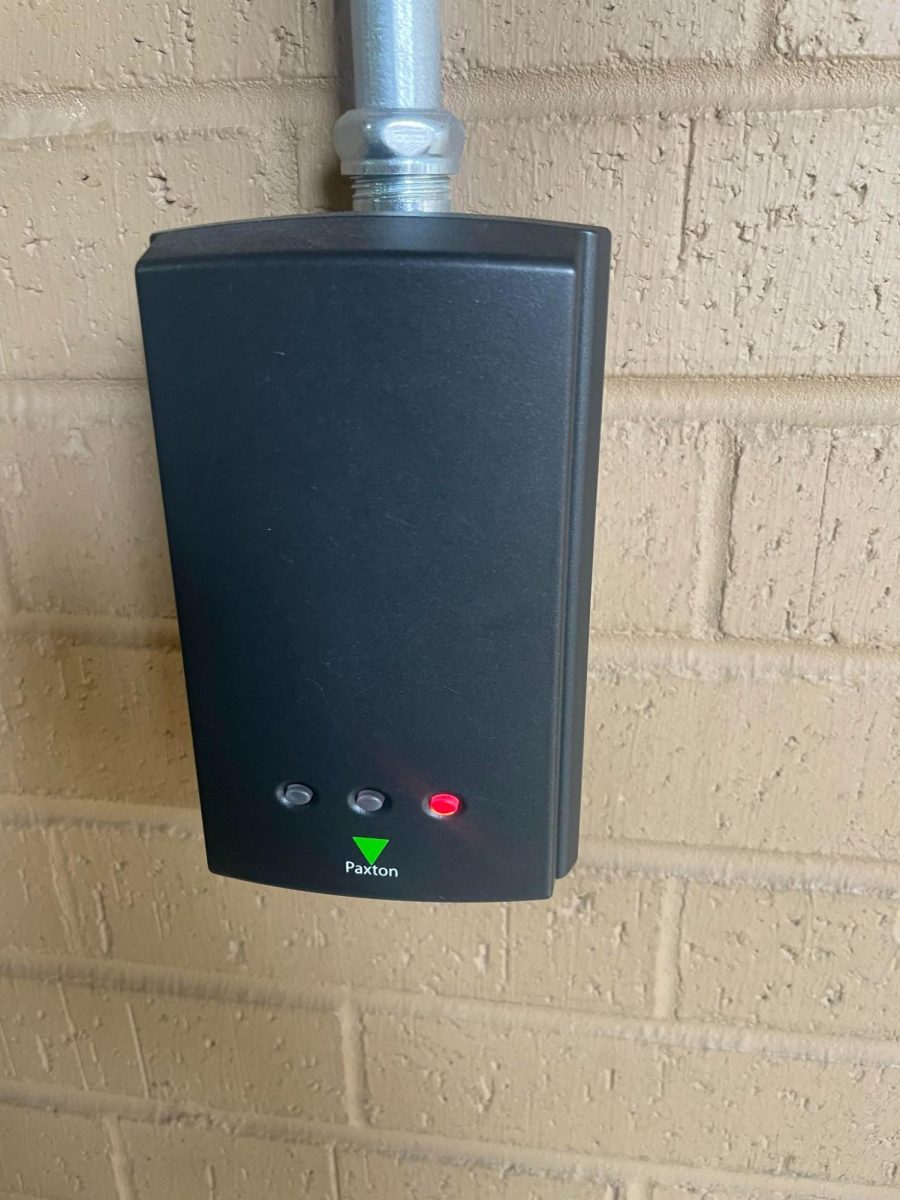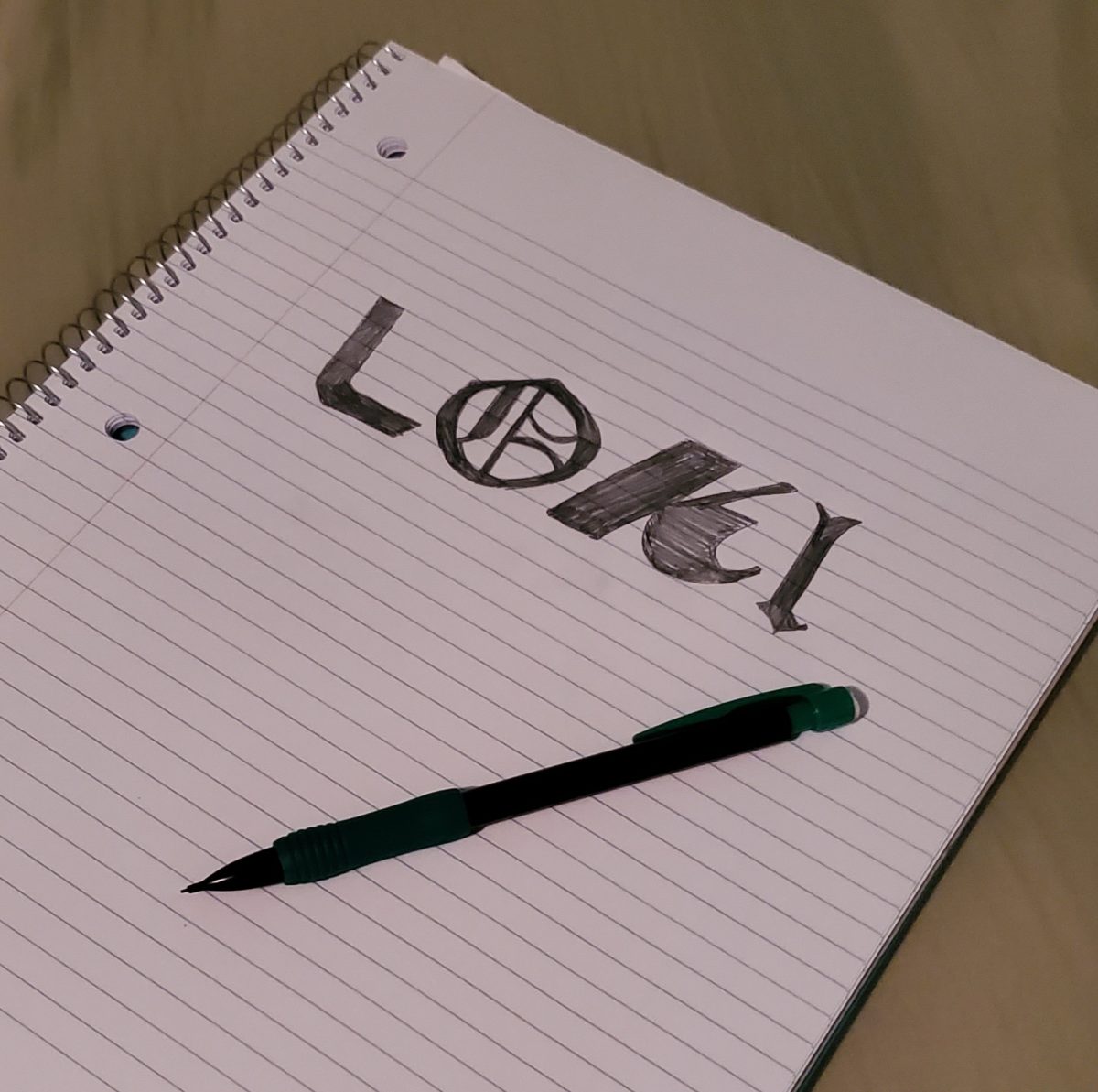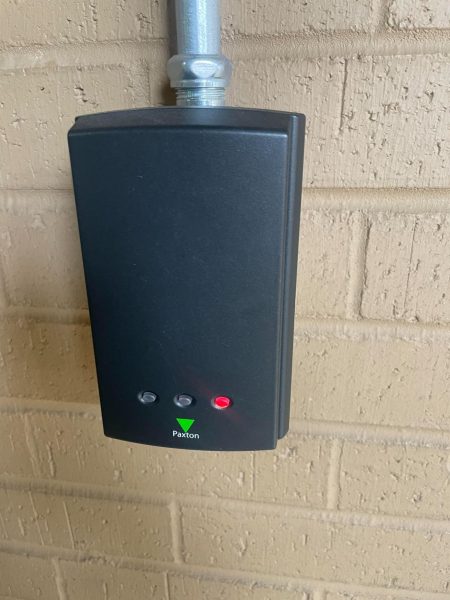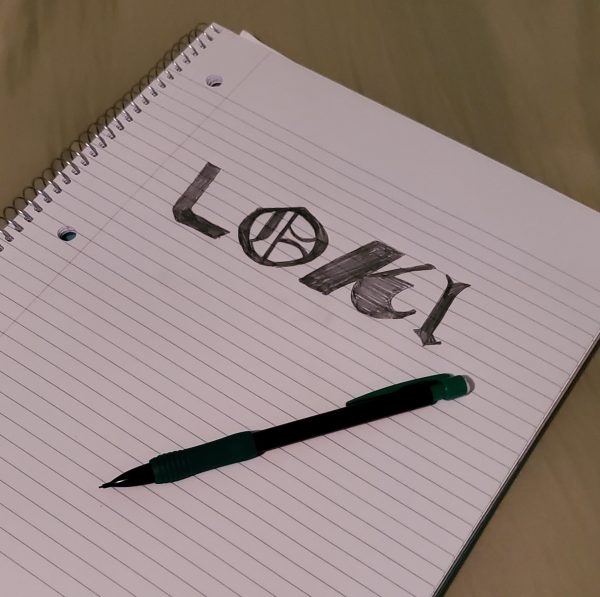Pink Tax: Are Women Being Charged More For Identical Products?
Pink Tax is defined as “the extra amount women are charged for certain products or services. Things like dry cleaning, personal care products, and vehicle maintenance.” by Listen, Money Matters.
November 5, 2019
You should always pink twice before buying a pink razor instead of a blue one. Sorry, I couldn’t pass up that opportunity. Anyway, you seriously should double check the price tags on items such as razors, deodorant, and even some toothpastes. If your shampoo bottle with the pretty flowers on it costs more than your dad’s shampoo with the four leaf clovers on it, then you’re probably paying what is called Pink Tax. Pink Tax is defined as “the extra amount women are charged for certain products or services. Things like dry cleaning, personal care products, and vehicle maintenance.” (by Listen, Money Matters.)
Although men aren’t usually buying certain feminine hygiene products for themselves, those items are still falling victim to Pink Tax. Women’s menstruation control products are taxed as ‘luxury items’ because they aren’t considered to be necessary hygiene products. Therefore, women are being charged extra for products that they buy consistently. Some of the price differences are small, but others can be up to at least a 40% price difference. Such as how women pay $4.91 on average for deodorant, but men pay $4.75 on average for theirs. For razors, women pay around $8.90 while men pay around $7.99 for the same razors but in a different color. As for shampoo and conditioner, women pay nearly $8.39, and men pay roughly $5.68.
States such as New York, Florida, Minnesota, and a handful of others have exempted Pink Tax. Virginian Delegate, Kaye Kory, says that “The tampon tax is an obvious example of unfair gender discrimination,” and that “It doesn’t make sense.” More states are moving to end Pink Tax as it is “discriminating” towards women. So far eleven states have dropped Pink Tax, so hopefully in the near future we will reach all fifty states.

































